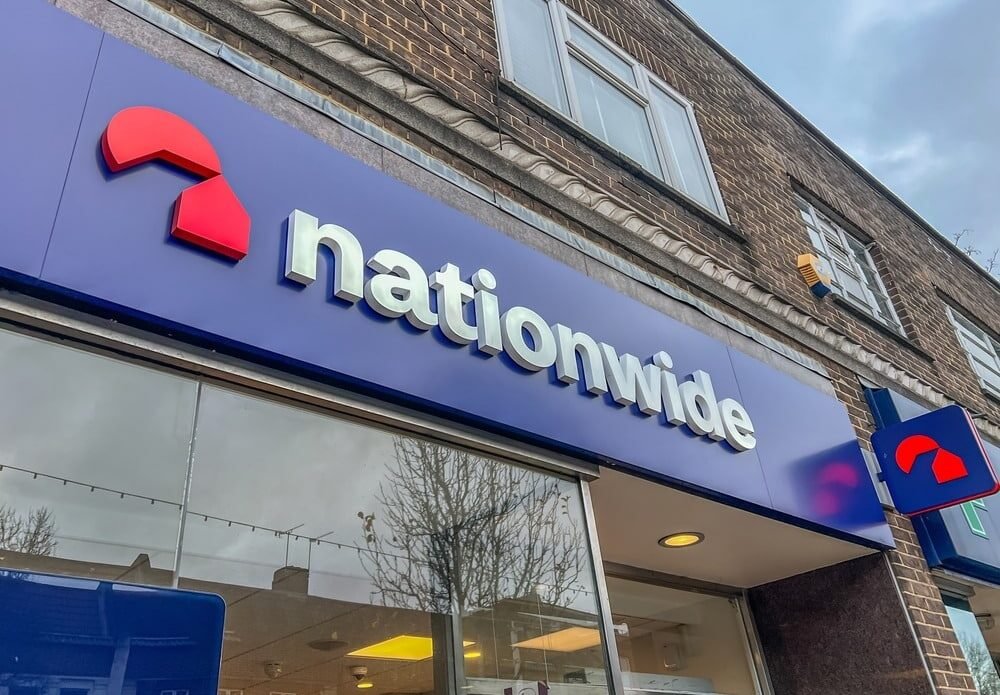Around 23,000 first-time buyers have obtained a Helping Hand mortgage from Nationwide in the last 12 months, a 53% jump on the previous year.
The mutual said the increase in borrowers using the product came after it changed its criteria and raised the loan-to-income (LTI) limit from 5.5 to six times income.
It also increased the maximum loan to value (LTV) to 95% for new-build houses, and saw a 102% rise in completions between October last year and September this year.
The Helping Hand proposition was launched in 2021 and initially allowed first-time buyers to borrow up to 5.5 times their income on a five- or 10-year fixed rate, compared to the mutual’s standard limit of 4.5 times income.
Since launching, more than 63,000 people have used the product and around £13bn has been lent.

Five ways multi-property mortgages can help your buy-to-let clients
Sponsored by Aldermore
Attracting younger first-time buyers in expensive regions
Nationwide said the average age of the first-time buyers was 31 for single applicants and 30 for joint applicants, compared to the market average of 33, according to UK Finance.
The mutual said the product was popular in areas with higher house prices, such as London, which makes up nearly a quarter – or 23% – of Helping Hand completions.
The South West accounts for 12% of completions, where house prices are £247,706 on average. By contrast, there is lower take-up for the product in the North West, which accounts for just 4% of business, despite the region making up 11% of Nationwide’s overall first-time buyer lending. The mutual said this may be because of the lower house prices in the region, which stand at £173,114.
With a minimum income requirement of £30,000 for single applicants and £50,000 combined for joint applicants, Nationwide said the Helping Hand product helped people in a range of jobs, including medical professionals, people working in emergency services, teachers, tradespeople and government workers.
Henry Jordan, group director of mortgages at Nationwide, said: “Affordability remains a significant barrier to homeownership. We introduced Helping Hand in April 2021 to address this, and we’re delighted to see the positive impact it’s made for so many of our members, supporting more than 63,000 into their first home.
“These latest figures for the past 12 months show that our decision to increase borrowing up to six times income has been a game-changer for thousands of first-time buyers. But we’re not stopping there, and with the support of government and regulatory changes throughout 2025, we’ve been able to progressively increase our support for potential homeowners as we continue to put first-time buyers first.”

